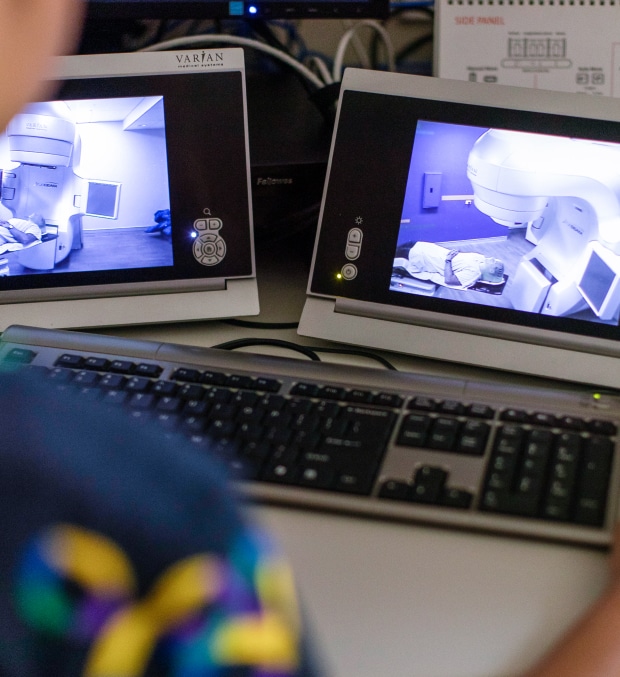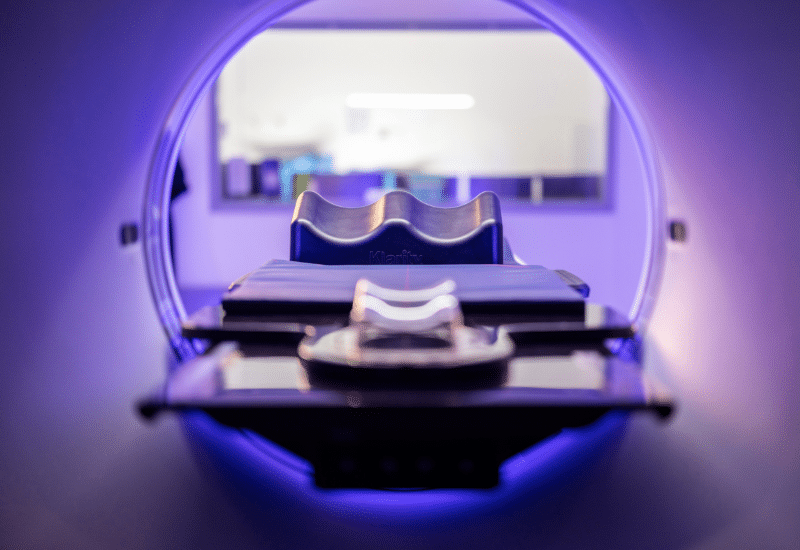Detailed breakdown of the clinical trial development process
1. Development of the study idea
What happens: A clinician or researcher develops the research question, defines the objectives and drafts a high-level study outline.
Concept is reviewed by peer groups, such as Research Committees and seeks management approval.
Consumer input may be obtained at this point or may occur later.
Timeframe: 4–12 weeks
Note: This is often done outside of clinical hours. Timelines may be extended due to clinician workload, committee meeting schedules (some may only meet bi-monthly) or difficulty sourcing timely consumer input.
2. Full protocol and study document development and review
What happens: Development and review of detailed documentation, including the full protocol, statistical analysis plan, patient information, consent forms, and case report forms (used for data collection).
Timeframe: 6–16 weeks
Note: The availability of reviewers (e.g. statisticians, subject matter experts) and confirmation of funding can significantly influence the pace.
3. Site feasibility and selection
What happens: Assessment of whether Icon Cancer Centre sites have the capacity and capability to run the trial.
Timeframe: 2–6 weeks
Note: Multi-site trials may involve additional logistical considerations and take longer.
4. Ethics submission and review
What happens: The study is submitted to an external Ethics Committee (EC) for review, often requiring multiple revisions.
Timeframe: 6–10 weeks
Note: Delays may occur if investigators are managing revisions themselves or ethics committees are oversubscribed.
5. Site governance authorisation
What happens: The study is reviewed and approved at each participating site to ensure compliance with Icon’s governance requirements.
Timeframe: 6–14 weeks
6. Site initiation and trial activation
What happens: Final investigator and sites’ research team training is completed. All approvals are confirmed, and the trial is officially open for patient recruitment.
Timeframe: 1–3 weeks
7. Recruitment begins
Note: Some trials can last 2–15 years or more, depending on the phases of the clinical trial, the type of intervention, and whether it’s a single-site or multi-site study.


